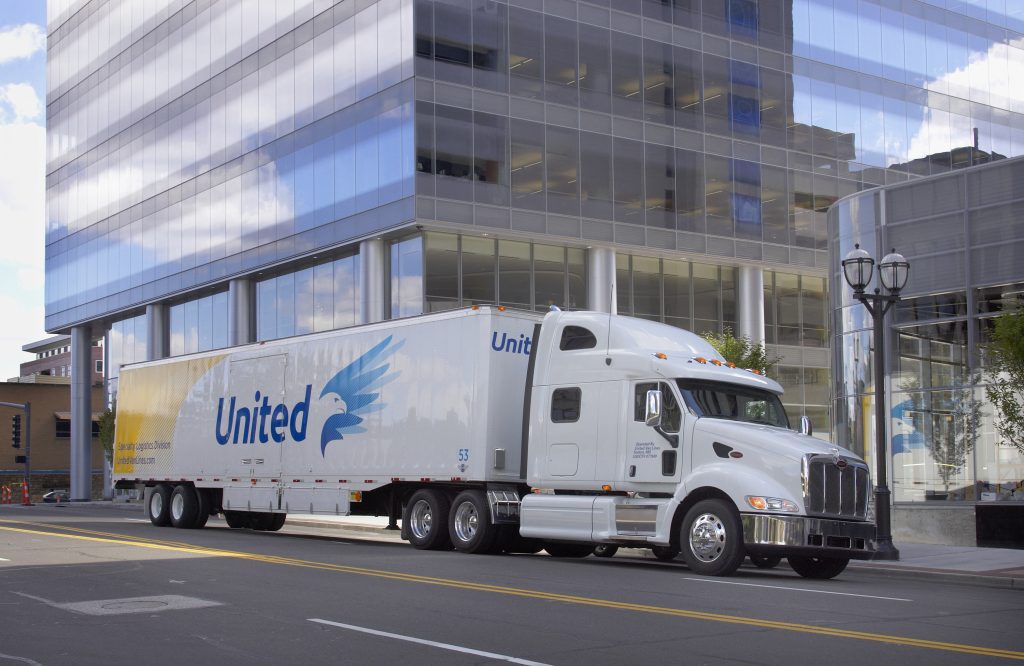Movers can successfully move many challenging specialty items, such as your piano, antiques, fish tanks, and artwork. However, movers cannot relocate everything. There are restrictions on certain things. Knowing what your mover can’t move will help you save time while packing and avoid problems later.
Ask your mover for a list when you set your moving date. Here are some typical restricted items that they will likely advise you to find another way to move or discard before moving day.
Hazardous Items
There are government regulations on moving hazardous materials, and therefore movers can’t transport dangerous or flammable items because they are safety risks. These include explosives and toxic substances. Here are a few examples of things that you should check with your mover before packing:
- Aerosol cans
- Ammonia
- Ammunition and loaded guns
- Batteries — both car and household
- Charcoal and lighter fluid
- Charged scuba tanks
- Chemistry sets
- Cleaning solvents
- Darkroom chemicals
- Fertilizer
- Fire extinguishers
- Fireworks
- Fuels/oils
- Kerosene
- Liquid bleach
- Matches
- Nail polish and remover and paints and varnishes
- Paint thinners
- Pesticides and weed killer
- Poisons
- Pool chemicals
- Propane tanks
- Sterno fuel
You have the option of transporting these items to your new home yourself; however, you should not do so in closed boxes. If you must transport them in your car, keep the boxes open and drive safely. If you’re making a long-distance move, disposing of them and buying new ones at your new home is the best option. about how to dispose of these materials safely.
Perishable Items
Movers can not move plants across state lines because state laws prohibit introducing certain insects and diseases on the plants into their state agriculture. Plants might also die in transit because of temperature fluctuations on the moving trucks.
Movers also usually won’t move perishable items unless the move is within a short distance of your old home, and they are sure they can deliver the goods within a couple of hours. Frozen goods also sometimes are subject to transportation rules. In addition to frozen food, some of these prohibited perishable items include:
- Food without adequate preservation
- Open or half-used foods
- Produce
- Refrigerated foods
As your move draws closer, take inventory of these items in your refrigerator and freezer. Try to eat as many of these as you can before the move. If you can’t use all of an item before your move, avoid opening it. Giving away frozen food is much easier if you haven’t opened it.
A day or two before moving day, share the food you can’t eat with neighbors and friends. You could throw a party to use the food or invite neighbors over to choose what they’d like to have. You can use fresh fruits as snacks on moving day for you and your friends who help.
Or check with your mover to see if they partner with Move for Hunger, a nonprofit organization that collects then donates nonperishable food items from homeowners who are moving. These food products would otherwise go to waste.
Sentimental Items
While movers will transport many items you might have a strong emotional connection to or critically important, they usually recommend keeping those with you. These include family photographs and albums, cell phones, and personal documents such as financial papers, birth certificates, and professional files.
Moving Soon?
If you are planning your move, we can help. Contact us for a free quote. We can help with everything from packing, to storage, to moving your belongings.



